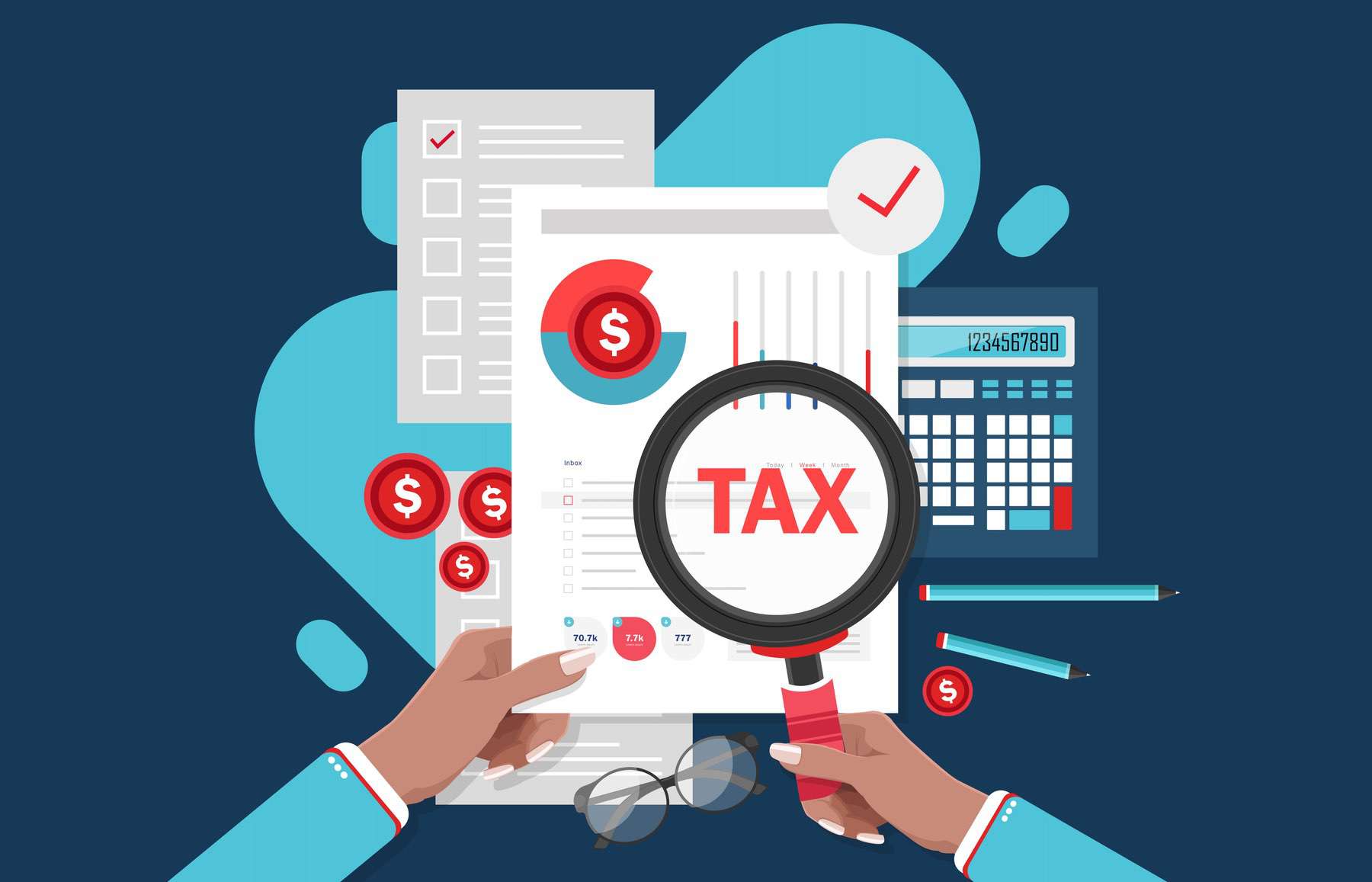Changes to ATO Interest Deductibility Effective 1 July 2025: What Taxpayers Need to Know
Starting from 1 July 2025, significant changes will take effect regarding the deductibility of interest charges imposed by the Australian Taxation Office (ATO). These changes, introduced as part of the Treasury Laws Amendment (Tax Incentives and Integrity) Bill 2024, will have a notable impact on taxpayers, particularly businesses and individuals with outstanding tax debts.
What Are the Changes?
As of 1 July 2025, taxpayers will no longer be able to claim tax deductions for General Interest Charges (GIC) and Shortfall Interest Charges (SIC) imposed by the ATO [note: it is currently unclear whether this applies to assessments after this date, or also includes debts incurred before this date]. Historically, these interest charges have been deductible, providing some financial relief to taxpayers. However, the new legislation aims to increase tax compliance by making it more costly for businesses to delay tax payments.
Understanding GIC and SIC
- General Interest Charge (GIC): Imposed on outstanding tax debts, GIC accrues daily and is calculated based on the 90-day bank bill rate plus an uplift factor, currently 7% (total GIC rate 11.17%).
- Shortfall Interest Charge (SIC): Applied when an incorrect self-assessment leads to a shortfall in tax paid, SIC is calculated similarly but with a lower uplift factor, currently 3% (total SIC rate 7.17%).
Key Implications for Taxpayers
- Increased Financial Burden: The removal of tax deductibility will significantly increase the after-tax cost of GIC and SIC, making it more expensive for businesses to manage tax debts. This could act as a double penalty, further discouraging compliance rather than supporting businesses in fulfilling their tax obligations.
- Impact on Existing Payment Plans: Businesses currently on ATO payment plans that extend beyond 1 July 2025 should be aware that any GIC or SIC accrued after this date will not be deductible, even if it relates to an earlier debt. This may lead to unexpected financial consequences for businesses already struggling with cash flow.
- Disproportionate Impact on Small Businesses: Larger businesses with access to better financing options can often refinance tax debts at lower interest rates and still claim tax deductions on those interest expenses. In contrast, small businesses and individual taxpayers may have fewer alternatives, forcing them to pay higher interest costs with no tax relief. This change could widen the financial gap between large corporations and small business owners.
What Should Taxpayers Do Next?
With these changes now confirmed, taxpayers should take proactive steps to minimise their exposure:
- Settle Outstanding Tax Debts Before 1 July 2025: If possible, pay off existing tax debts before the new rules take effect to retain deductibility for current interest charges.
- Review and Adjust Payment Plans: Businesses and individuals should review their current payment plans and consider adjusting them to avoid accruing non-deductible interest charges after 1 July 2025.
- Seek Professional Advice: Consulting with a tax professional can help taxpayers understand the full implications of these changes and develop strategies to manage their tax obligations effectively.
The Accura team
The Accura Accounting & Advisory team are available to assist you to understanding these changes and taking proactive steps so you can better manage your financial obligations and minimise the impact on your overall tax liability.
As always, please contact on 9387 0000 or enquiry@accura.com.au if we can assist.


